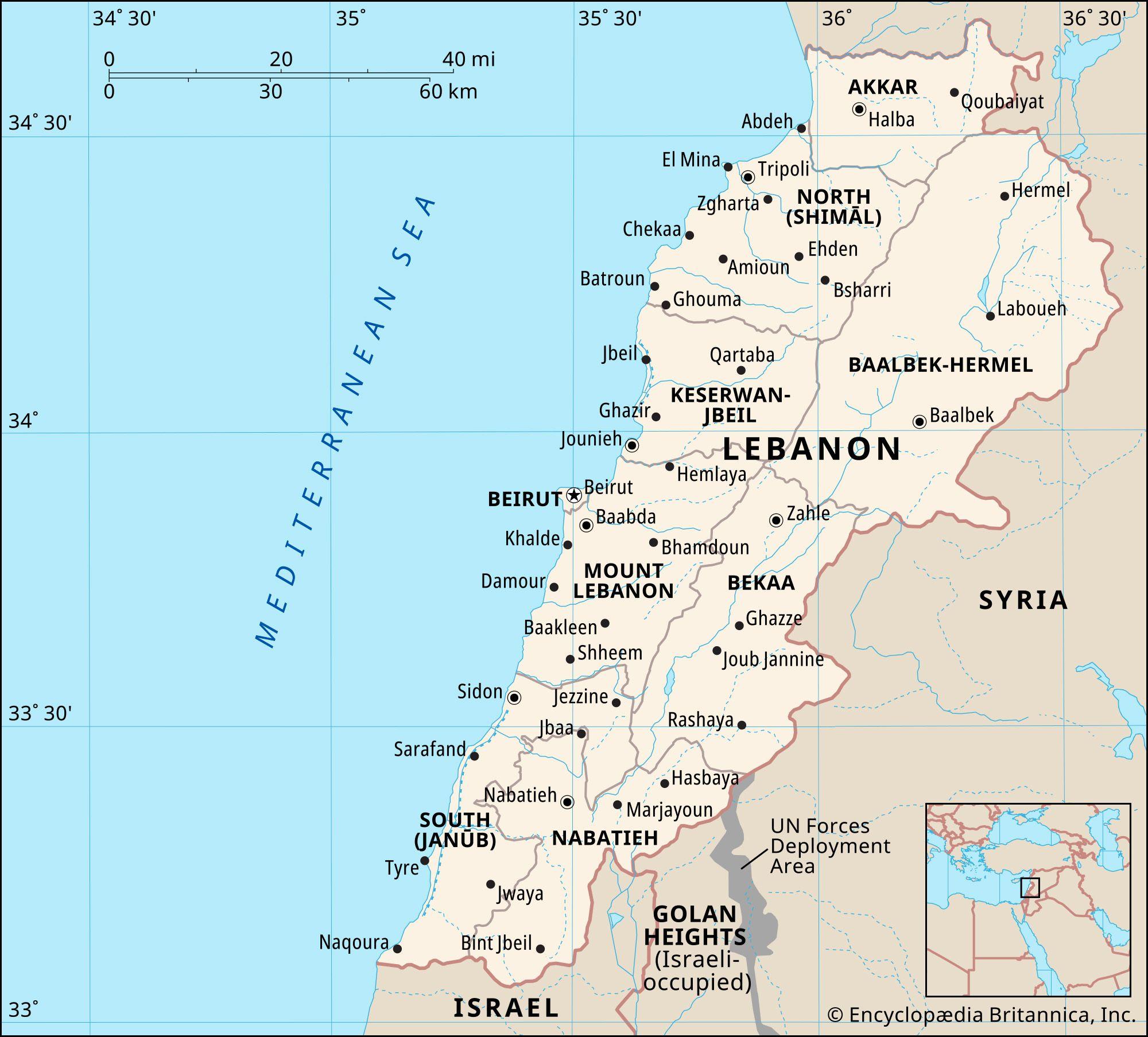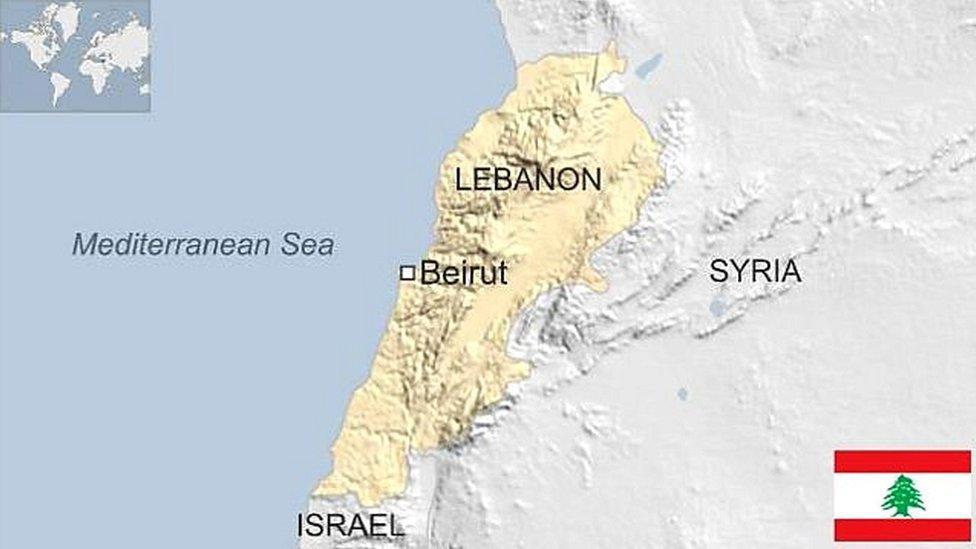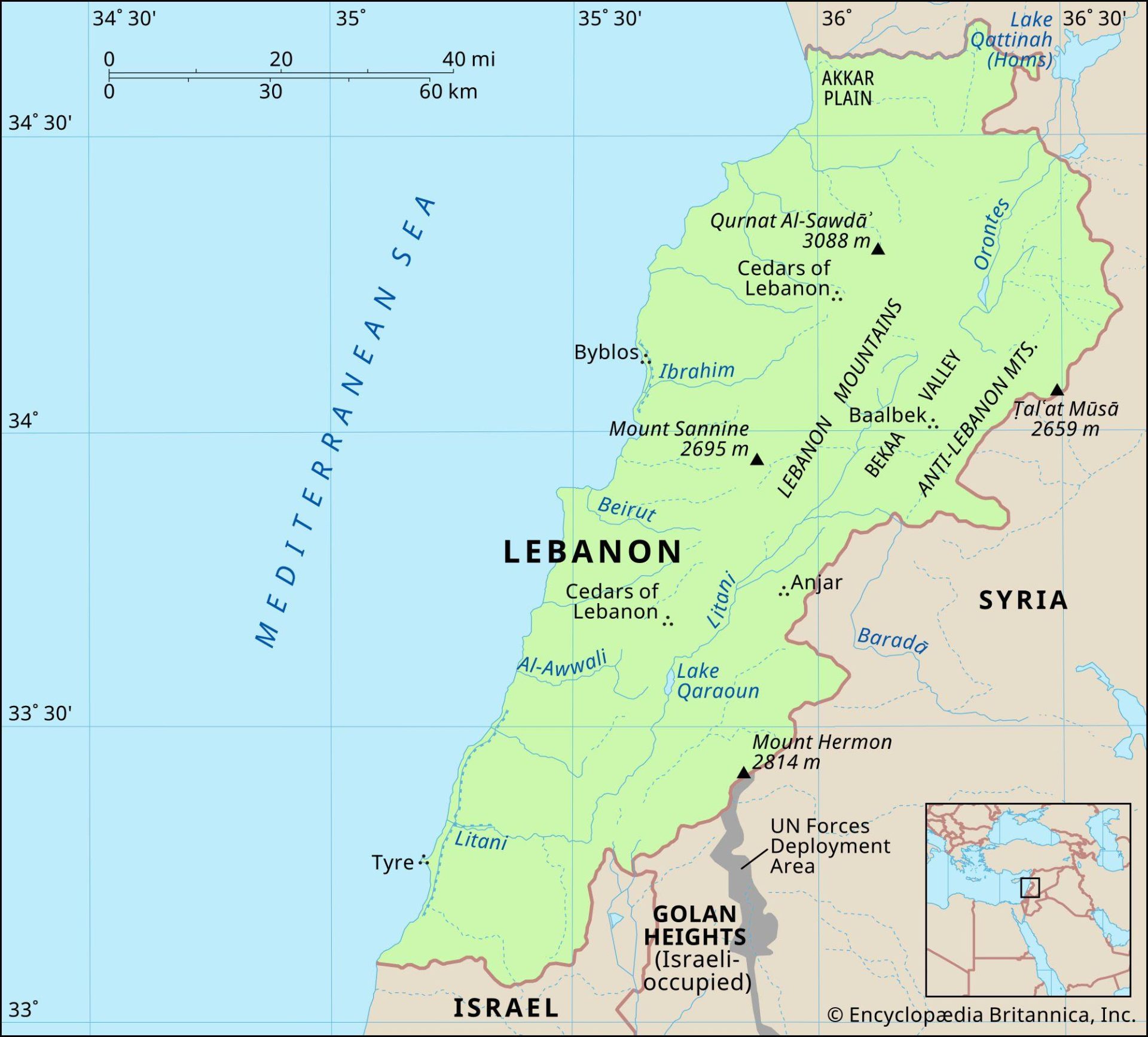Impact on Civilians in Southern Lebanon Amid Escalating Conflict
The escalating conflict between Israel and Hezbollah in the region has plunged southern Lebanon into a humanitarian crisis, significantly affecting the civilian population. As military operations intensify, residential areas, public infrastructure, and essential services face devastating consequences. With frequent airstrikes and ground battles, many families are left homeless, while schools and hospitals struggle to operate under constant threat. Those who remain are grappling with the aftermath of psychological trauma, compounded by the fear of future violence.
Civilians, particularly the Shiite Muslim community, bear the brunt of this turmoil. The following issues further exacerbate their plight:
- Displacement: Thousands have been forced to flee their homes, living in makeshift shelters or overcrowded accommodations.
- Access to Basic Needs: Food, clean water, and medical supplies are in critically short supply, making survival increasingly precarious.
- Loss of Livelihoods: Businesses have shut down, leaving many families without stable income sources.
- Educational Disruption: Schools are being closed or repurposed for shelter, disrupting the education of children.

The Economic Toll on Shiite Communities Affected by Warfare
The ongoing conflict between Israel and Hezbollah has inflicted severe economic hardships on Shiite communities in Lebanon, who are left to contend with the repercussions of violence that often spills over into their neighborhoods. As tensions escalate in the region, daily life becomes increasingly untenable, with many residents facing unprecedented challenges. The conflict has led to a reduction in local employment opportunities, causing many families to suffer from job losses and decreased income. Essential services such as healthcare and education are strained, as resources are diverted to support the war effort and cross-border skirmishes disrupt normal operations.
In addition to the immediate impacts on livelihoods, the long-term economic prospects for Shiite communities are also in jeopardy. The persistent instability fosters an atmosphere of uncertainty that deters investment and entrepreneurship, leading to dilapidated infrastructure and rising poverty levels. Displacement caused by intermittent violence forces many families to abandon their homes, while those that remain face the daunting task of rebuilding their lives amid the rubble. As the cycle of conflict continues, the sound of rebuilding is drowned out by the ever-present threat of war, leaving these communities grappling with both visible and invisible scars of economic decline.

Political Ramifications for the Shiite Population in a Fragmented Lebanon
The ongoing conflict between Israel and Hezbollah has escalated tensions in Lebanon, disproportionately affecting the Shiite community, which finds itself at the nexus of geopolitical strife. Political allegiance to Hezbollah, a key player in Lebanon’s complex political landscape, has drawn the Shiite population into a quagmire of fierce international scrutiny and local dissent. With the deterioration of economic conditions exacerbated by constant military engagements, many within the Shiite sect grapple with the dual challenge of supporting a group that provides social services while simultaneously facing condemnation from other political factions and the broader Lebanese society. This precarious balance leaves the Shiite community vulnerable to political fragmentation and external pressures, often leading to heightened sectarian divides as parties shift blame for economic and social failings onto Hezbollah and its Shiite constituents.
Consequently, Lebanon’s Shiite Muslims are navigating a society fraught with instability, forced to weigh loyalty against survival. In the backdrop of this fragmented state, Shiite communities are increasingly confronted with the implications of their political identity, which is intricately linked to Hezbollah’s militant activities. The ramifications of this identity crisis manifest in several ways:
- Economic Isolation: Sanctions and political isolation mean that business opportunities are limited, forcing Shiite communities to rely heavily on Hezbollah’s, often constrained, support.
- Social Polarization: As attitudes toward Hezbollah fluctuate, Shiite Muslims find themselves either demonized as terrorists or hailed as staunch resistors, complicating their social interactions across sectarian lines.
- Political Marginalization: In a fragmented political landscape, Shiites may struggle to assert their rights and interests, as the divides deepen between various factions.
The consequences are tangible in daily life, with many feeling the weight of a conflict that seems to offer little in the way of resolution or respite. Lebanon’s Shiite population faces an uncertain future, compelled to navigate between deep-seated loyalty and the pressing reality of survival amidst a landscape marred by uncertainty and fear.

Strategies for Humanitarian Aid and Support in Times of Crisis
The humanitarian crisis intensifies as the ongoing conflict between Israel and Hezbollah adversely impacts Lebanon’s Shiite Muslim community, forcing them to bear the brunt of violence and instability. In times of such crises, effective strategies for humanitarian aid and support become not just essential, but a moral obligation. Aid organizations must prioritize swift and efficient delivery mechanisms, ensuring that resources reach affected populations without delays or bureaucratic red tape. Direct involvement with local leaders and community organizations can facilitate better understanding of the specific needs and help in overcoming trust barriers. Collaboration between NGOs and international bodies should focus on comprehensive assessments to identify vulnerable populations, emphasizing marginalized groups disproportionately affected by the conflict.
Equipped with knowledge and resources, humanitarian efforts must also incorporate rebuilding community ties and supporting resilience. Incorporating local voices and engaging community members in decision-making processes can foster a sense of ownership and empowerment. Strategies should include:
- Psychological support services to address trauma and mental health issues stemming from the conflict.
- Distribution of essential supplies such as food, water, and medical aid tailored to the community’s immediate needs.
- Economic assistance programs that provide skills training and livelihood opportunities to help families recover from the financial strain.
- Educational initiatives aimed at children to ensure continuity in learning amid national instability.
Such comprehensive strategies can help bolster resilience in Lebanon’s Shiite Muslim community, enabling them to navigate the challenges imposed by ongoing warfare while fostering a path towards recovery and rebuilding. The commitment to sustained support, grounded in respect for local context and advocacy for peace, remains crucial for long-term stability.
